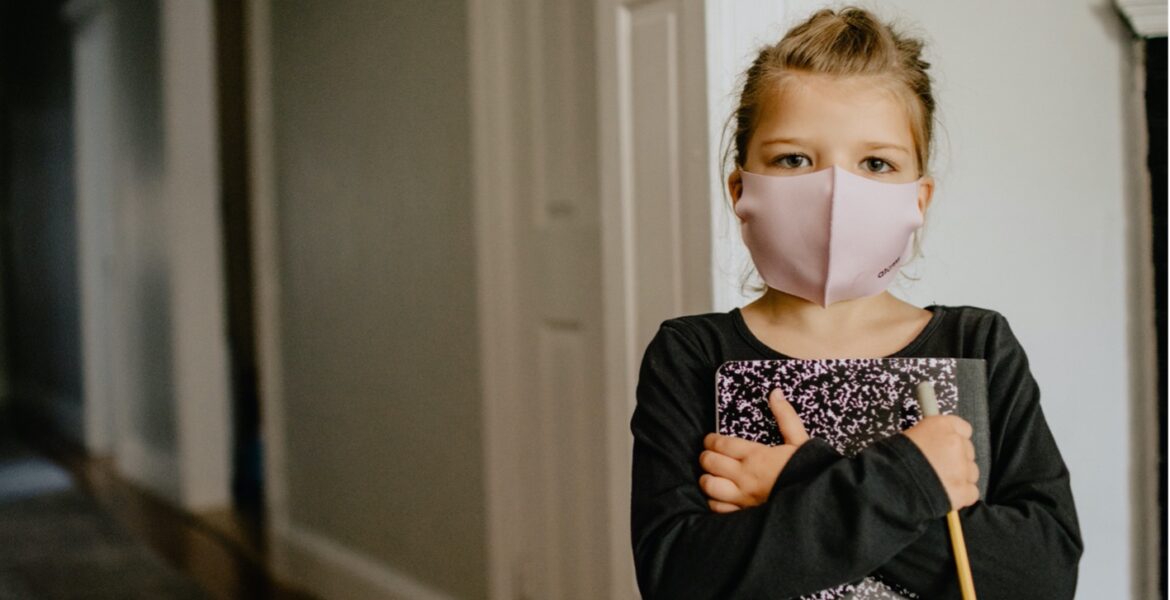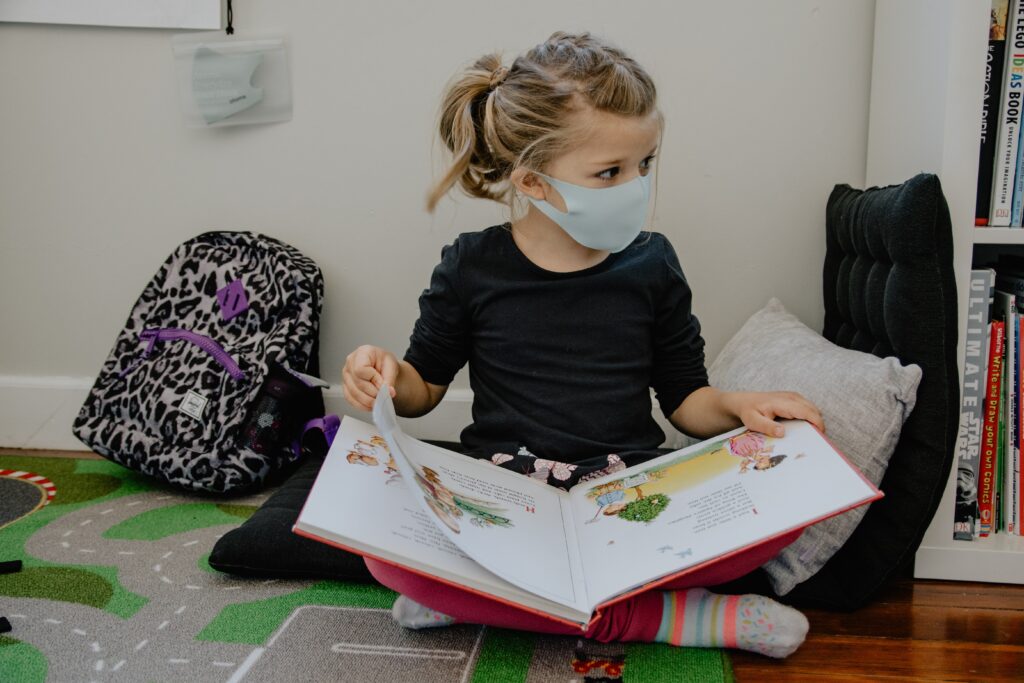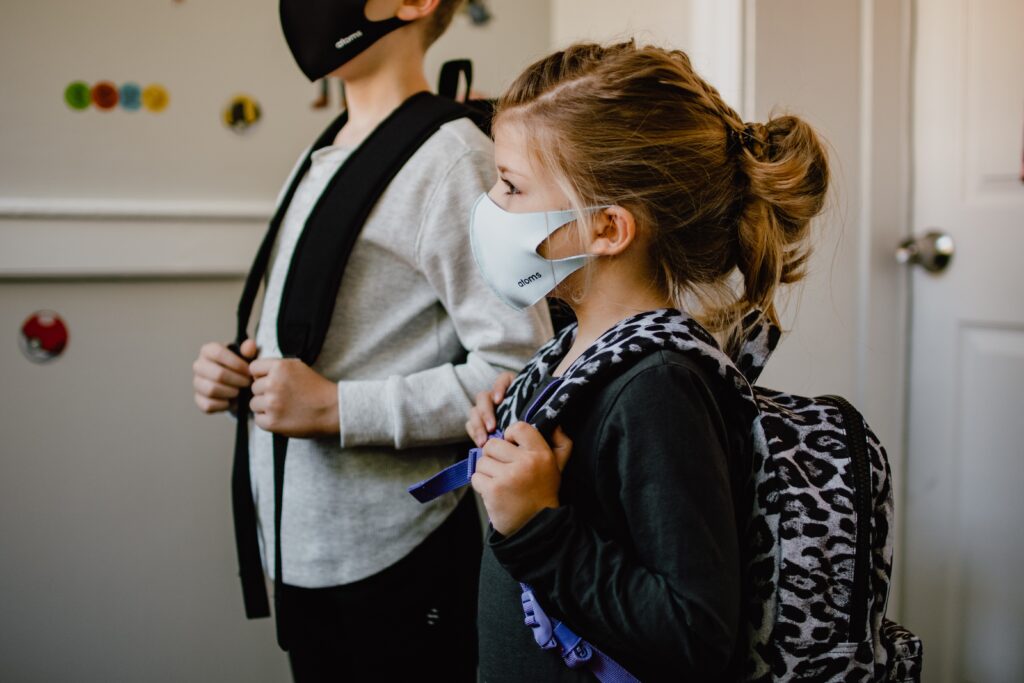The face mask. The fundamental forced necessity of our current time. The protector of airborne virus but could it be the barrier to a child’s fundamental educational development?
From birth, children recognise emotion and understanding in an adult’s facial expressions, learning and absorbing what it means to be happy, upset, angry and tired.
This recognition later develops into a child understanding their own emotions and in turn, being able to regulate these and their senses.
So, what is to come from this decade’s necessity of mask wearing in the community? A limited understanding of information? Perhaps a decline in necessary conversational skills or a difficultly when recognising non-verbal emotional cues and vocabulary? Could a child’s feeling of isolation extend more than just at home, and into their future classroom?
Yale School of Medicine’s, Dr. David Lewkowicz investigated and found that by 8 months of age, babbling babies focus their attention on an adults’ lips rather than eyes receiving "not only auditory cues but visual.”
Dr. Lewkowicz's research centres on perceptual and cognitive development in human infants and young children, with a specific interest in the development of attention, multi-sensory perception and integration, and the role that these fundamental processes play in the development of speech, language, and general cognitive abilities.
“Masks are not a great thing for communication in young kids, as they may miss visual cues and sorting out who goes with which voice," he says.
Lewkowicz suggests that educators and parents could find ways of communicating with their hands and bodies.
Parents should focus on the quality mask-less time spent at home and teachers should focus on “making your voice more expressive.”
Associate Professor Eva Chen from The Hong Kong University of Social Science disagrees with these viewpoints as she believes that children don’t learn from the one part of an adult’s body, but rather multiple.
Her evidence is based on a 2012 study “What the addition of sunglasses or masks to faces reveals about the development of facial expression processing” - a project which involved data collection over a three year period from children aged 3 and older.
So, will this short term hinderance to one of the largest and most beloved group of humans ultimately lead to some serious educational delays? Or will they find a way to progress and evolve with perseverance and determination?
Chen expresses that the community shouldn’t be too worried, as adaptability is a skill that is far more advanced in children than in adults.



